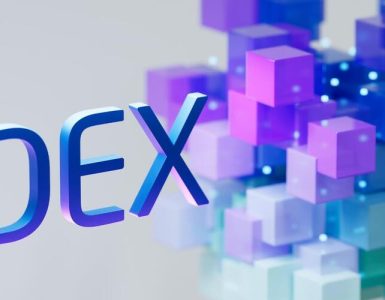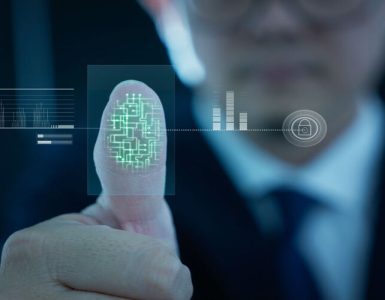Blockchain is a decentralized, digital ledger technology that is used to record transactions. It has revolutionized the finance industry, but its impact on the education industry is also significant. Blockchain technology is being used to enhance the efficiency, transparency, and security of educational processes. In this article, we will discuss the impact of blockchain on the education industry.
Blockchain and Credentialing
Credentialing is the process of verifying and validating a student’s educational qualifications. Traditionally, this process involves paper-based certificates and transcripts, which are prone to fraud, duplication, and loss. However, with the advent of blockchain technology, credentialing has become more secure, efficient, and tamper-proof.
Blockchain-based credentialing platforms use digital certificates that are secured by cryptographic algorithms. These certificates are stored on a decentralized ledger, which ensures that they cannot be tampered with or duplicated. As a result, employers can easily verify a candidate’s educational credentials without the need for paper-based certificates and transcripts.
Moreover, blockchain-based credentialing platforms enable students to have greater control over their educational records. They can choose who to share their credentials with and when to share them. This ensures that their privacy is protected and that their credentials are not misused.
Blockchain and Student Records
Student records are critical for educational institutions as they provide a comprehensive overview of a student’s academic performance. However, traditional student records are often paper-based, making them vulnerable to loss, damage, and tampering. Furthermore, the process of transferring student records from one institution to another can be time-consuming and cumbersome.
Blockchain technology can address these challenges by providing a secure and decentralized platform for storing student records. By using blockchain, student records can be securely stored on a decentralized ledger, which can be accessed by authorized personnel. This eliminates the need for paper-based records and ensures that records are easily accessible, tamper-proof, and easy to transfer.
Blockchain and Learning Analytics
Learning analytics is the process of analyzing student data to identify patterns, trends, and insights that can be used to enhance the learning experience. Learning analytics can help educators to identify areas where students are struggling and provide targeted support to improve their learning outcomes.
Blockchain technology can enhance the efficiency and accuracy of learning analytics by providing a secure and decentralized platform for storing and analyzing student data. By using blockchain, educators can securely store student data on a decentralized ledger, which can be accessed by authorized personnel. This ensures that student data is tamper-proof, secure, and easy to access.
Furthermore, blockchain-based learning analytics platforms can enhance student privacy by ensuring that their data is only accessed by authorized personnel. This ensures that student data is not misused or shared without their consent.
Blockchain and Micro-Credentials
Micro-credentials are digital badges that represent a specific skill or achievement. They are becoming increasingly popular in the education industry as they provide a way for students to showcase their skills and knowledge. However, traditional micro-credentials are often paper-based, making them vulnerable to loss, damage, and tampering.
Blockchain technology can address these challenges by providing a secure and decentralized platform for storing micro-credentials. By using blockchain, micro-credentials can be securely stored on a decentralized ledger, which ensures that they cannot be tampered with or duplicated. This ensures that micro-credentials are tamper-proof and easy to share with potential employers.
Moreover, blockchain-based micro-credential platforms can provide students with greater control over their credentials. They can choose who to share their credentials with and when to share them. This ensures that their privacy is protected and that their credentials are not misused.
Conclusion
In conclusion, blockchain technology has the potential to revolutionize the education industry by providing a secure and decentralized platform for credentialing, storing student records, enhancing learning analytics, and issuing micro-credentials. These advancements can enhance the efficiency, transparency, and security of educational processes, ultimately benefiting students and educational institutions alike. As blockchain technology continues to develop, it will be interesting to see how it will continue to shape the future of education.




